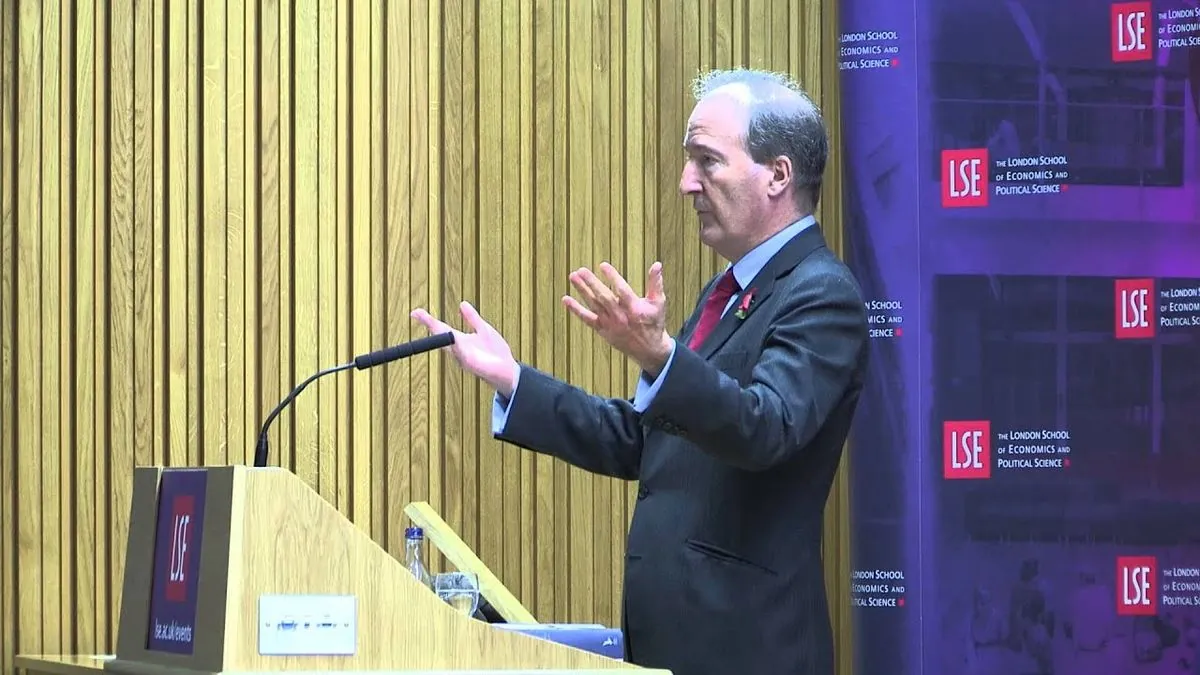Russia to Allow Women in Mining Jobs Amid War-Induced Labor Shortage
Russia plans to lift restrictions on women working in open-pit mines, citing technological advancements and workforce needs. This move comes as the country grapples with labor shortages due to ongoing military operations.

Russia is set to revoke a longstanding prohibition on women working in open-pit mines and quarries, a decision driven by a significant workforce deficit resulting from its military campaign in Ukraine. This shift in policy, announced by the Russian labor ministry, marks a notable change in the country's approach to gender-based occupational restrictions.
The ministry justified this decision by citing technological advancements in the industry. "The modernization of industrial processes and work organization has eliminated the harmful effects on the female body when operating self-propelled machines," officials stated. This rationale reflects a broader trend of reassessing traditionally male-dominated professions in light of evolving technology and societal norms.
Historically, Russia has maintained strict gender-based job restrictions. In 2000, the country barred women from 456 professions. This list was significantly reduced in 2021 to approximately 100 occupations, allowing women to take on roles such as truck drivers, metro train operators, and cargo ship crew members. However, combat positions in the military remained off-limits to women.
The current labor shortage in Russia is largely attributed to the country's aggressive military recruitment efforts. These campaigns have diverted a substantial portion of the workforce towards military service, offering inflated salaries and other incentives. For instance, a nurse reported the potential to more than triple her monthly income to about £1,500 by working on the front lines.
This recruitment drive has had far-reaching economic consequences. Russia's wartime economy has seen inflation soar to 9%, double the central bank's target. In response, the bank has raised interest rates to 19%, the highest since the onset of the conflict in Ukraine in February 2022.

The decision to open mining jobs to women is part of a broader strategy to address workforce shortages. In 2023, the Russian government also approved a scheme allowing convicts to work in factories and warehouses, further highlighting the severity of the labor crisis.
"The modernization of industrial processes and work organization has eliminated the harmful effects on the female body when operating self-propelled machines."
This policy shift occurs against the backdrop of Russia's vast natural resources. The country possesses the world's largest mineral reserves, valued at $75 trillion, with the mining industry contributing about 5% to its GDP. However, demographic challenges, including a declining working-age population, have complicated efforts to fully leverage these resources.
The move to allow women in mining jobs also reflects broader global trends challenging gender-based occupational restrictions. It's worth noting that Russia has one of the highest rates of women in senior management positions globally, despite a persistent gender pay gap estimated at around 30%.
As Russia navigates these complex economic and demographic challenges, the effectiveness of this policy change in addressing labor shortages remains to be seen. The decision underscores the profound impact of the ongoing conflict on Russia's domestic policies and economic strategies.


































